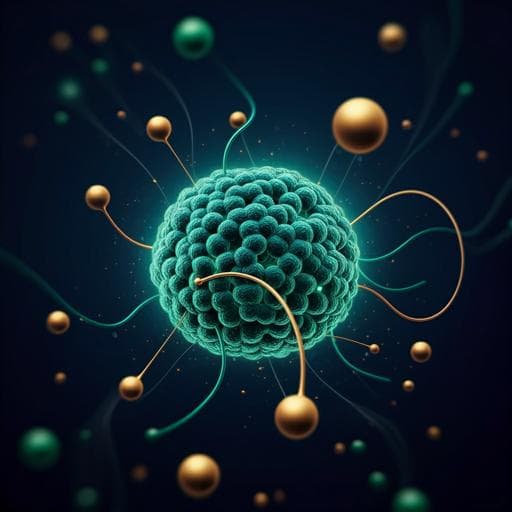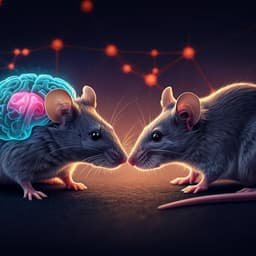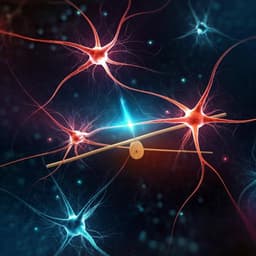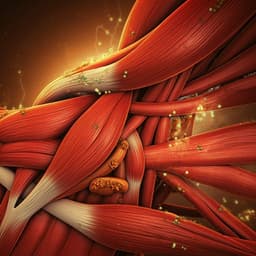
Medicine and Health
Astrocytic neuroligin 3 regulates social memory and synaptic plasticity through adenosine signaling in male mice
R. Dang, A. Liu, et al.
Discover groundbreaking insights into social memory impairment and its connection to brain disorders, as researchers Rui Dang, An Liu, Yu Zhou, and colleagues reveal how astrocytic deletion of NLG3 affects astrocyte function and social memory in mice. This study uncovers potential therapeutic strategies targeting glutamate transporters and adenosine signaling pathways.
Related Publications
Explore these studies to deepen your understanding of the subject.







